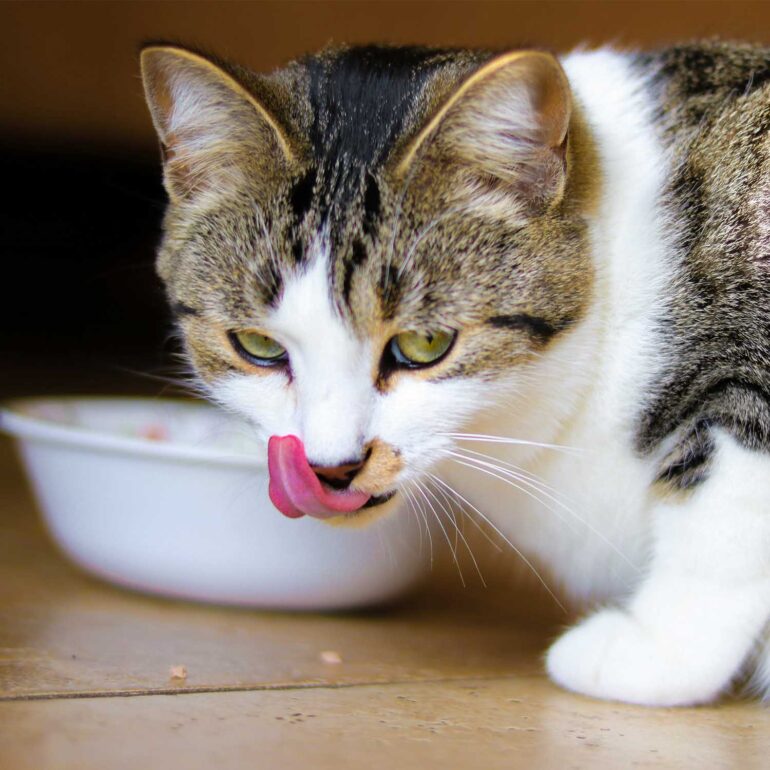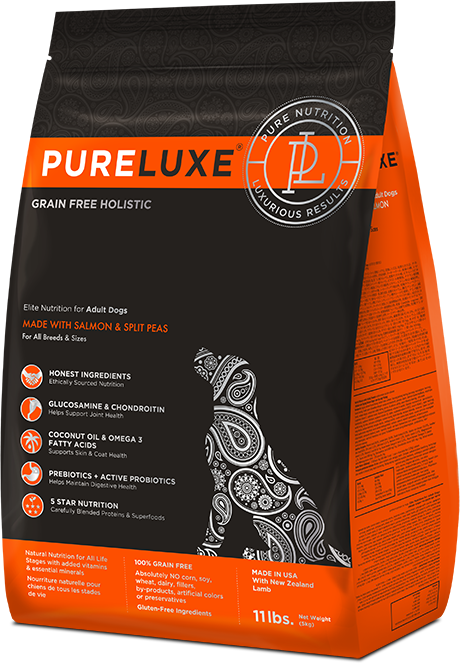Grain-free cat food has carved a dominant niche in the feline dietary w
Grain-free cat food has carved a dominant niche in the feline dietary world. But with so many options on the shelf, why do cat parents keep reaching for the grain-free bag? The reasons are rooted in a combination of perceived health benefits, ancestral echoes, and feline sensitivities.
The core belief behind grain-free preference centers on digestion. Unlike canines, felines are obligate carnivores, meaning their bodies are specifically designed to thrive on a meat-based diet. Grains, such as corn and wheat, contain carbohydrates that some cat owners believe cats struggle to digest. This can lead to digestive upset, including vomiting and diarrhea. Grain-free food eliminates this potential culprit, promoting smoother digestion and potentially reducing litter box woes.
Another factor driving the grain-free trend is the “natural diet” philosophy. Ancestral cats, after all, wouldn’t have been munching on fields of grain in the wild. Their meals consisted primarily of small prey animals, naturally grain-free and brimming with protein. Grain-free cat food attempts to mimic this ancestral diet, offering a protein-rich formula that some cat parents believe aligns better with their feline companions’ biological needs.
Finally, grain-free options can be a saving grace for cats with allergies or sensitivities. Grains can be a common allergen in cats, causing itchy skin, hair loss, and other irritation. By eliminating grains from the diet, cat parents can potentially alleviate these symptoms and improve their cat’s overall well-being.
However, the grain-free movement isn’t without controversy. Some argue that high-quality grains can provide essential nutrients and that the focus should be on the overall quality of ingredients rather than the mere presence or absence of grains. Additionally, some recent studies haven’t established a definitive link between grain-free diets and improved feline health.
Ultimately, the decision of grain-free or grain-inclusive comes down to what works best for your individual cat. Consulting your veterinarian can help navigate the options and ensure your feline friend receives the optimal nutrition for a long and healthy life.




















